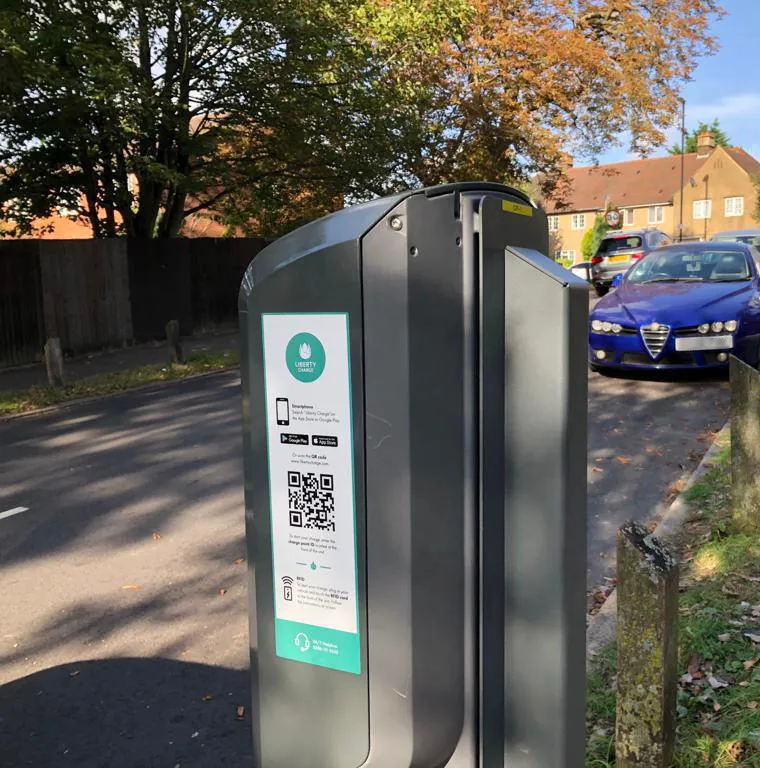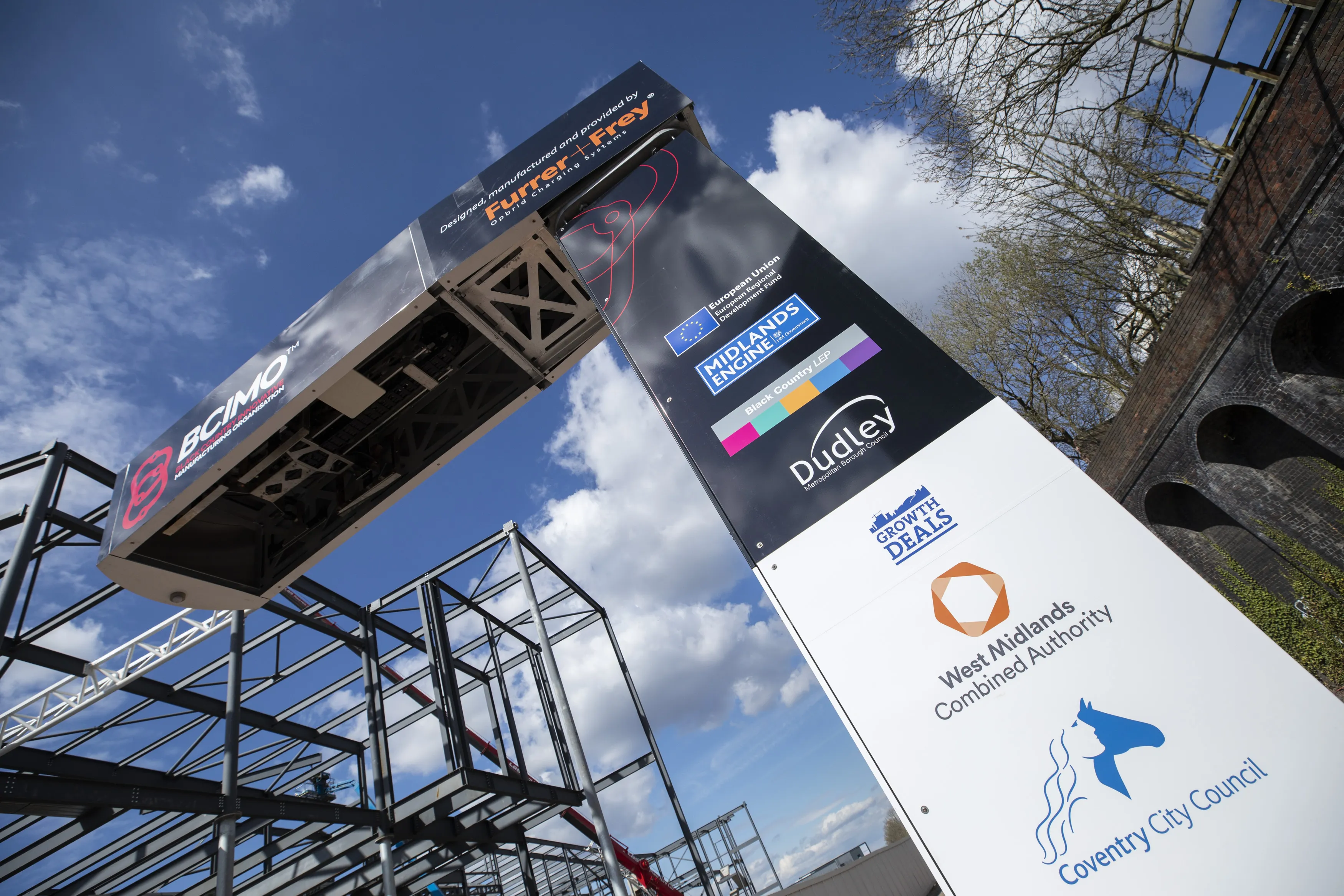Austria Telekom is undertaking a project to turn its public telephone boxes, which are in danger of becoming obsolete because of mobile phones, into battery charging stations for electric cars (EVs), scooters and bikes.
February 3, 2012
Read time: 1 min
The first phone booth prototype with an integrated e-charging station is located in Vienna. It can easily be identified by a luminescent cube on its roof. E-cars, e-scooters and e-bikes can be charged (230V/16A/Caravan-Socket).









